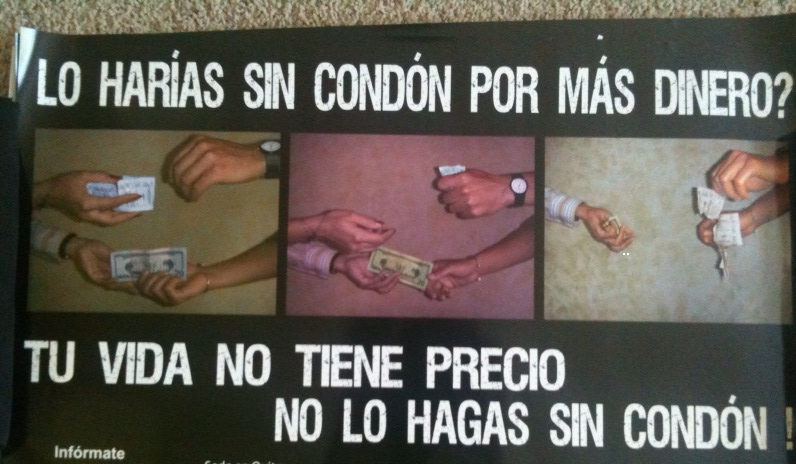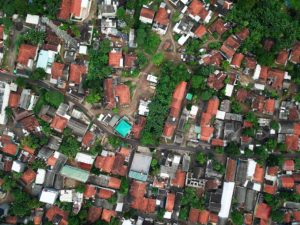
Spotlight: INDONESIA
Regulating Sex Markets: Implications for Economic Empowerment and Public Health
Policy Issue
The regulation of sex work is a hotly debated issue in both developed and developing countries, and sex work persists with varying degrees of legality around the world. In 2015, Amnesty International shined a spotlight on this debate by passing a resolution calling for the decriminalization of sex work, arguing that decriminalizing is the best way to defend sex workers’ human rights against violations such as exclusion from health care. A 2015 Lancet series on sex workers claims that decriminalization of sex work would have the greatest effect on the course of HIV epidemics across all settings, averting 33–46 percent of HIV infections in the next decade.
Context
Causal empirical evidence on the impacts of regulating sex markets is sparse, particularly from the developing world. This research presents new causal evidence on the impact of criminalizing sex work on the commercial sex market and the spread of sexually transmitted infections (STIs) by exploiting a natural experiment in which commercial sex work was unexpectedly criminalized in one district in East Java, Indonesia, while it remained non-criminalized in neighboring districts.
We collect a unique panel dataset from sex workers in East Java at both criminalized and non-criminalized worksites, before the criminalization was anticipated and after the criminalization occurred.
Researchers’ Findings
- We find that criminalization reduces the number of sex workers at criminalized worksites by 40 percent (six months after criminalization), but the sex market continues to operate underground in these criminalized sites.
- Using a difference-in-differences (DD) framework, we show that criminalizing sex work increases STI rates among sex workers by 27.3 percentage points, or 58 percent from baseline.
- Using data from both the clients and the sex workers we show that the main mechanism driving the increase in STI rates is a decrease in access to condoms and an increase in non-condom sex by about 12 percentage points, an 85 percent increase in the occurrence of non-condom sex from baseline.
- Children of criminalized sex workers fare worse too. They are less likely to be enrolled in school and more likely to be working to supplement household income.

ABOUT THE PROJECT
Researchers: Lisa Cameron, Jennifer Muz, Manisha Shah
Location: East Java, Indonesia
Sample: 500 female sex workers, 300 male clients
Timeline: 2013-2016

CONTACT US
6333, Public Affairs Building
Los Angeles, CA 90095-1656
Phone: (310) 825-2455
